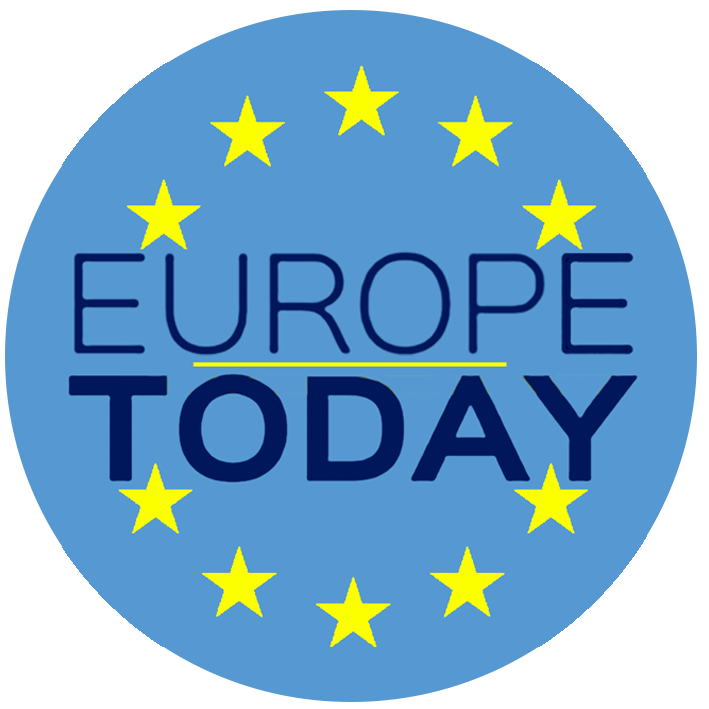
By Peter Hovens |
The Liberation Day is celebrated in our continent on May 5th every year. Some European countries in early May also commemorate the Victory in Europe Day, remembering that 74 years ago the Second World War ended and Germany signed the surrender document.
In the run-up to the election of the members of the European Parliament on 23th-26th May, regular reference is made to the absence of war for three quarters of a century in (part of) Europe. In particular, supporters of European cooperation refer to this in response to those who are critical of the European Union.
That is a pity. In the sense that this does not provide sufficient scope for criticism of the functioning of the current EU. There are quite a few signals that make me think.
- The turnout at the European elections is extremely low (41.61% in 2014, average of all the EU-countries).
- The EU regularly undermines the sovereignty of the member states, which should not be the intention, strictly speaking.
- Brexit is a response to this.
- The European Parliament has very little power.
Today, at every level of government, it can be seen that the people’s representation has a much weaker position of power than the governing body (e.g. the House of Representatives in relation to the government).
If we look at the position of the European Parliament, it is very marginal. This body, which represents all EU citizens, not only has to tolerate the non-elected European Commission above it, but also the Council of the European Union (Heads of State or Government of the Member States). This Council takes all important political decisions. For instance, as head of government of the Netherlands, Mark Rutte (not democratically elected!) is a member of this council (also not democratically elected).
In other words, in the actual EU, the governments of the member states, sometimes in agreement, some other times completely unable to find an agreement and take decisions, play the king’s role, without a sufficient system of checks and balances. We will really have to organize Europe in a different way. Is that possible? Yes, it is.
With a number of like-minded people from different European countries we have set up the Federal Alliance of European Federalists (F.A.E.F.).
We are aiming for the ”United States of Europe”. In our view, Europe will be federal or will not be. That means a Europe that is capable of action, transparent, democratic, that respects the sovereignty of the member states and all this based on a clear and recognizable Constitution.
In our experience, many people have little knowledge of the phenomenon of federalism. Maybe you are now asking yourself the question: ‘Am I perhaps a federalist myself?’.
We have drawn up a short poll to answer that question. Fill it in to discover the answer.
 Peter Hovens, Editor
Peter Hovens, Editor
Member of the Promoting Committee
Federal Alliance of European Federalists
After studying Public Administration at the University of Twente, Peter Hovens worked for 17 years as a civil servant at the municipality of Maastricht. In 2004 he started his own consultancy office. In this period he also was several years employed as alderman in two different municipalities. He is an expert in demographic developments and the consequences for policy choices. He has written several publications about these issues. Furthermore he teaches interactive policy developments. For more than 40 years he is active in several non-profit organizations in culture, sports and politics. He is actually a co-founder and member of the Promoting Committee of FAEF (Federal Alliance of European Federalists).

